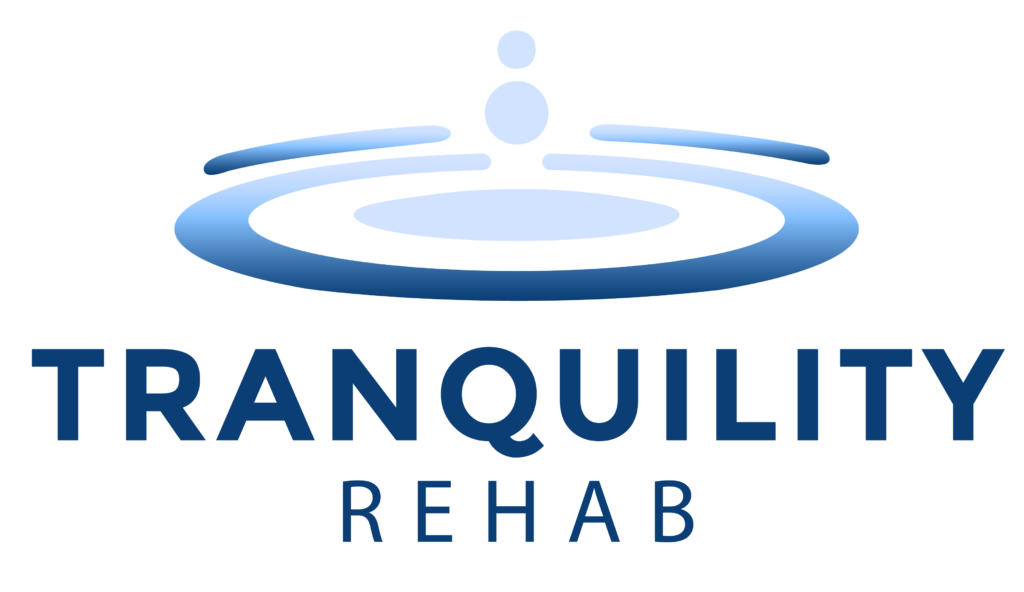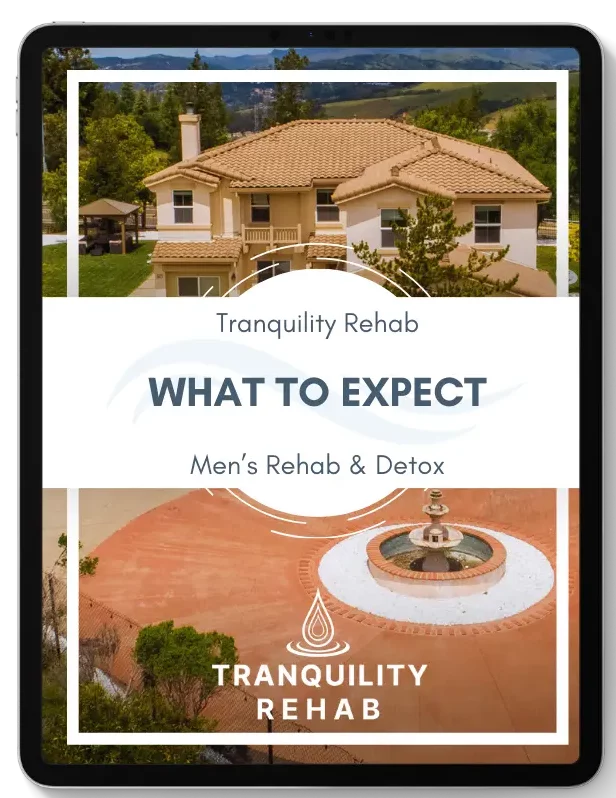Many people struggle with substance abuse problems, including alcohol, drugs, and even gambling. When these problems arise, families can become torn apart, and the loved ones of addicts can be left feeling helpless and hopeless. However, there is a solution that can help. Family therapy, or family counseling, is a type of therapy that focuses on the entire family. It helps strengthen the bonds between the members of the family and helps them cope with the challenges they are facing.
Individual therapies limit their focus on the individual’s feelings, emotions, problems and behaviours, while family therapies broaden their scope over family issues because familial relationships are affected the most when one person among the family members falls into the drug abuse activities.
What is Family Therapy?
Family therapy is used to address family problems, interpersonal relationships and family dynamics among family members. Maladaptive transgenerational patterns are also brought under discussion. It often happens that if there is a person in the family who is a drug abuser, an atmosphere of fear, tension, shame, and disgrace begins to prevail in the house.
Normally family therapies treat issues such as:
- Resentfulness
- Infidelity
- Grief
- Depression
- Physical abuse
- Domestic violence
- Trauma
- Toxic Marital relations
- Financial issues
- Communication gap
- Conflict resolution
It includes a set of therapeutic approaches and treatments which undertake the family’s emotions and love to eradicate drug addiction from the life of your loved one. Because family is the central support system in a person’s life, it plays a crucial role in providing emotional support to drug addicts.
How can family therapy help addiction?
You might think that if one fails to discuss the problems at home, how can a person or a family explain them in rehabilitation centers in front of many therapists? So the answer is rehab centers provide families with such a safe and serene environment with a highly professional and trained staff that they feel secure to discuss any type of problem with them.
The therapist hears every family member. He feels secure and relaxed while discussing what he feels. Because having a person suffering from substance abuse disorder (SUD) in the family produces a feeling of frustration, anger and confusion. In such a situation, instead of outcasting that person from the family, trust the organizations build for drug addiction treatments and regain the family’s strength.
Family therapy is essential because an individual alone cannot identify the effects of his addiction and behaviour on the family. Therapists get to understand the family dynamics and family environment. They create a setting in which everyone is allowed to speak freely and frankly about their problems. That is how a supportive dialogue takes place between all family members and results in strengthened familial relationships.
What happens in family therapy?
In family therapy, therapists conduct many counselling sessions in the presence and also in the absence of drug abusers in a soothing environment. It also features having a productive session with the addict alone and discussing his problems.
When you find someone in your family taking drugs, seeking help from healthcare organizations should be the first step. In family therapy treatment, you explore your relationships on the basis of love and feelings. Address their issues and resolve them on mutually beneficial terms. The therapists and specialists guide the family members to design a healthy conversation, which helps build strong relations.
Benefits of family therapy:
Family therapy provides the following benefits to SUD patient and their family:
- It fills the communication gap among family members
- Provide education to family members about SUD, relapse, and dangerous outcomes of substance abuse.
- It addresses the family’s emotions and experiences
- The risk of relapse reduces
- Family strength and support system improve.
- Encourage family members to make positive changes for each other.
- Members understand each other in a better way.
- Improve treatment retention
- Helps to acquire skills that lessen the emotional burden produced by the addiction on the family
- Learn how to save your loved one from SUD.
Types of Family Therapies:
Therapies vary from person to person, depending upon the age of the drug addict. Some of the types of therapies which are typically performed in rehab centers are given:
Behavioural Marital Therapy:
It involves encouraging behaviour that ensures stability and satisfaction and discourages corrosive behaviour between spouses. It aims at the abstinence of drugs at home.
Behavioural Contracting Therapy:
Written agreements are used between the addict and the family members to control substance abuse and maintain a supportive home environment.
Multifamily Groups:
This intervention is generally given to patients with severe mental illness. These groups ensure the patients are not alone and facing drug dependency. They meet each other weekly and learn coping strategies together.
Solution-Focused Therapy:
It is a target-oriented approach. Its main goal is to solve families’ problems and issues. It works on three principles- listen, select and build. Multidimensional family therapy: it is a comprehensive therapy specially designed for teenagers that focuses on the social and emotional needs of adolescence along with SUD. It promises the development of strong relationships both inside and outside the family.
Regain Family Connection with Tranquility Rehab:
Addiction is not related to a person only. It affects the whole family. Family therapy is a critical tool in the fight against addiction. It is a holistic approach that helps your loved one learn how to make better decisions.
Tranquillity Rehab offers the best team to perform family therapy in an encouraging and sympathetic environment. We provide the best facilities, and our well-established curriculum helps to regain the lost family connection. We understand the agony a family bear when any of the family members become addicted to drugs.
Contact us at 510 766 6625 / 510 552 2288 and feel free to ask queries about our family therapy addiction treatment.


